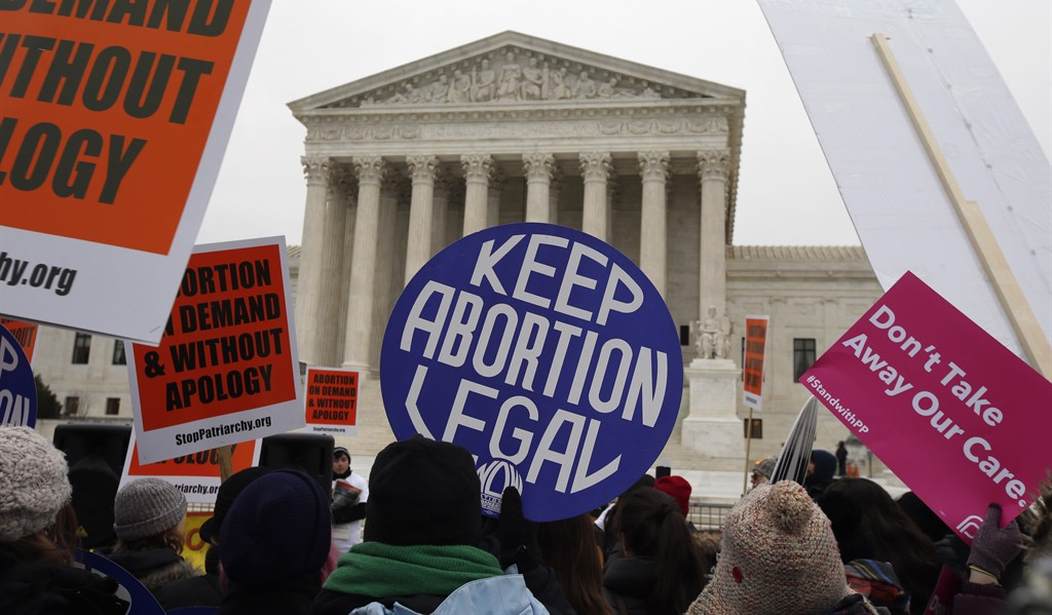Mississippi Gov. Phil Bryant (R) signed a bill Thursday that banned abortion after the detection of a fetal heartbeat, which can occur as early as six weeks into pregnancy.
I have signed S.B. 2116, the Fetal Heartbeat Bill, thanks to the work of the Mississippi Legislature, Lt. Gov. @tatereeves, and Speaker @PhilipGunnMS. It is now law. ?? pic.twitter.com/8ZNdZR52ep
— Phil Bryant (@PhilBryantMS) March 21, 2019
Responding to a tweet from the Center for Reproductive Rights calling the term heartbeat bill a “misnomer,” Gov. Bryant said, “We will all answer to the good Lord one day. I will say in this instance, 'I fought for the lives of innocent babies, even under threat of legal action.'”
We will all answer to the good Lord one day. I will say in this instance, “I fought for the lives of innocent babies, even under threat of legal action.” https://t.co/4bHEmCqN74
— Phil Bryant (@PhilBryantMS) March 20, 2019
Planned Parenthood president Leana Wen called such legislation “dangerous” on Twitter Thursday. The nation's largest abortion provider has been successfully battling heartbeat legislation in the courts.
Mississippi’s six-week abortion ban is a dangerous policy that criminalizes a safe, standard medical procedure and will endanger women’s lives. I know firsthand just how important it is for doctors to have the ability to provide the care that our patients need. https://t.co/NUedXppK92
— Leana Wen, M.D. (@DrLeanaWen) March 21, 2019
Recommended
Patients must be empowered to make their own healthcare decisions, in consultation with their doctor and their family, and doctors must be able to provide healthcare to our patients without the threat of prison time.
— Leana Wen, M.D. (@DrLeanaWen) March 21, 2019
Iowa Gov. Kim Reynolds (R) signed a similar bill last May banning abortion after the heartbeat is detected. The measure was struck down as unconstitutional after a lawsuit from Planned Parenthood.
North Dakota and Arkansas have attempted to pass similar measures as well but they were struck down by lower courts and the Supreme Court declined to hear those cases in 2016.

























Join the conversation as a VIP Member